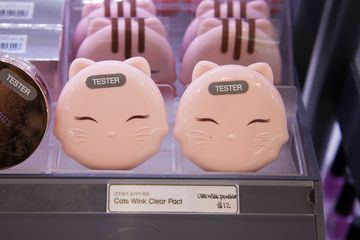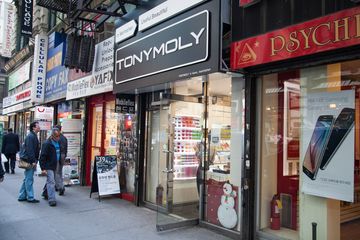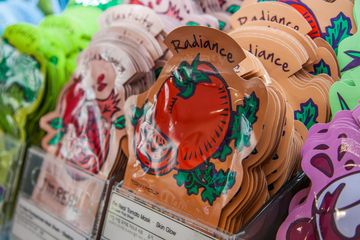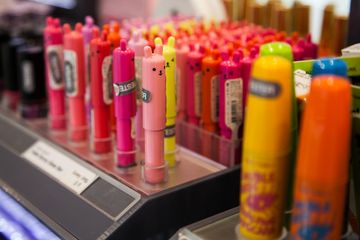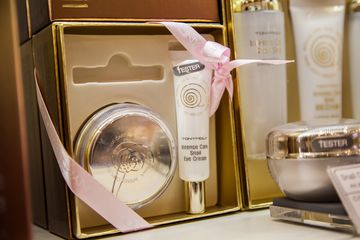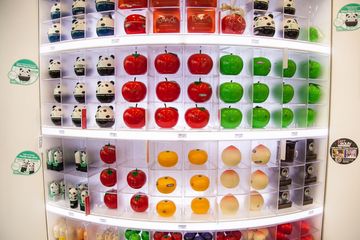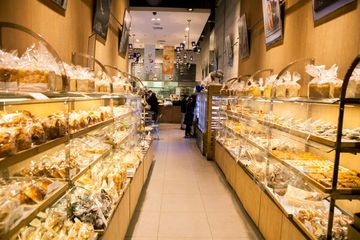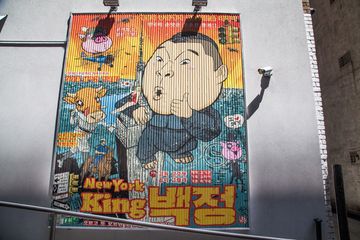“We were just voted the best Asian barbecue restaurant in New York, ” said Philip, the general manager of Kang Ho Dong Baekjeong. “We’re getting a lot of buzz these days, because Korean food is very trendy right now. ” And Baekjeong, founded by Korean wrestler and TV personality Kang Ho-dong, is the trendiest of all. It is a favorite hangout of actors and celebrities, and has received high praise from celebrity chefs Anthony Bourdain and David Chang. At Baekjeong (the Korean word for “butcher”), meat is king. But while Korean barbecue traditionally makes use of the second-best cuts of meat, marinating them for flavor, Philip emphasized that Baekjeong uses only the highest-quality meat. “We don’t even marinate it, ” he added. Between the quality of the meat and the reputation of executive chef Deuki Hong, a twenty-five year old prodigy who recently won the 2015 Young Guns Chef award, Baekjeong has become one of the hottest new restaurants in New York. The wait to be seated, Philip told me, is sometimes as long as an hour and a half. By all accounts, it is worth the wait. As customers munch on small starter dishes known as banchan, waiters prepare the meat - mainly beef and pork - on large metal grills set into each table. Another highlight at Baekjeong is dosirak, a traditional Korean children’s lunchbox filled with rice, kimchi, and a fried egg. In the seventies, Philip explained, Korean kids always shook up their metal lunch boxes before eating them, and at Baekjeong - which aims for a “1970s industrial Korea feel” - customers are encouraged to do the same. But Philip emphasized that guests who do not know much about Korean food should not be worried. The waiters, who all speak English and Korean, “make sure to cater to customers who don’t know what’s going on. ” For the most part, though, the Chinese tourists and Americans who make up most of Baekjeong’s clientele (“Koreans don’t like to wait in line, ”) do know what is going on. “No one just walks in off the street, ” Philip told me. “The kind of people who come here are in the know. ”
